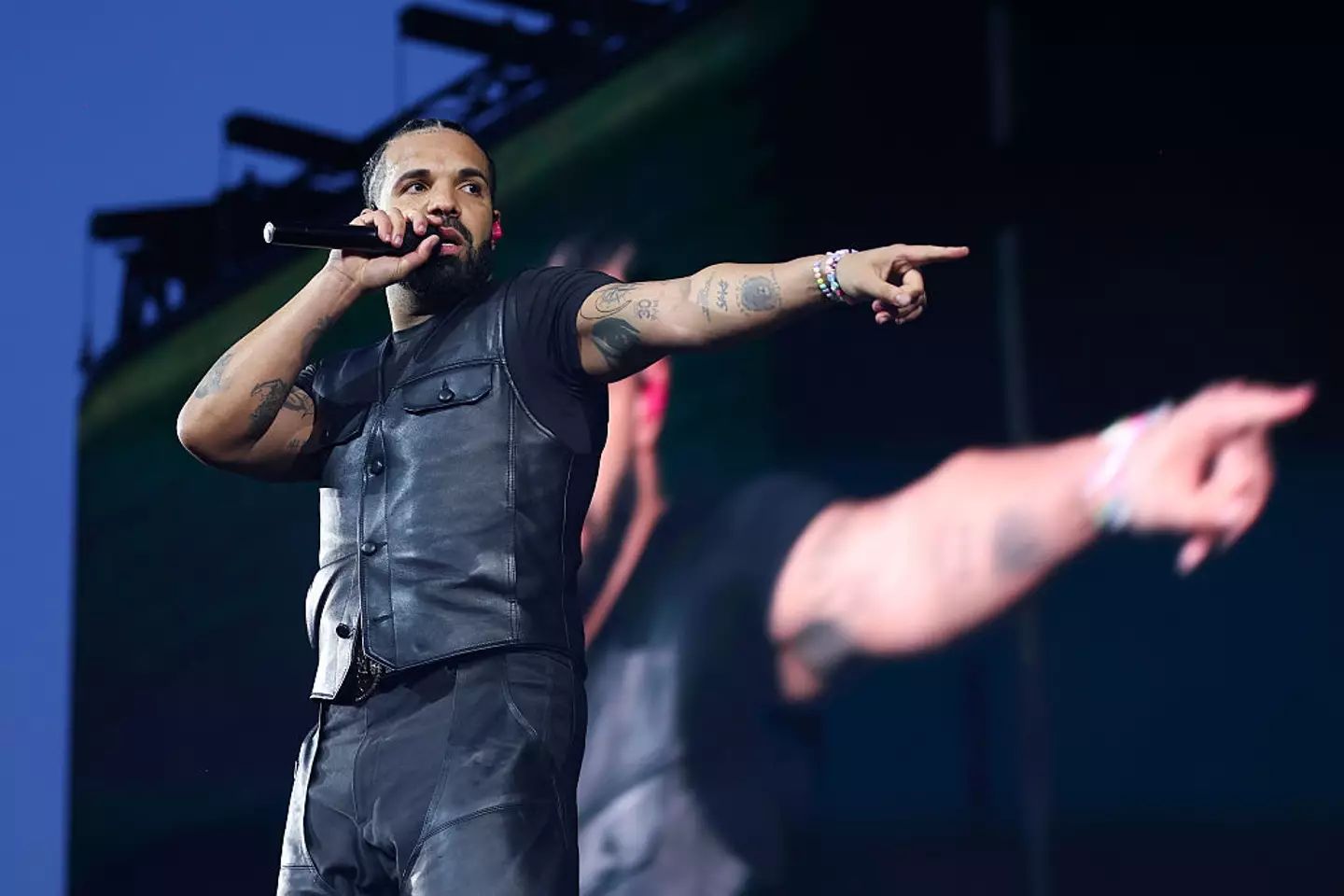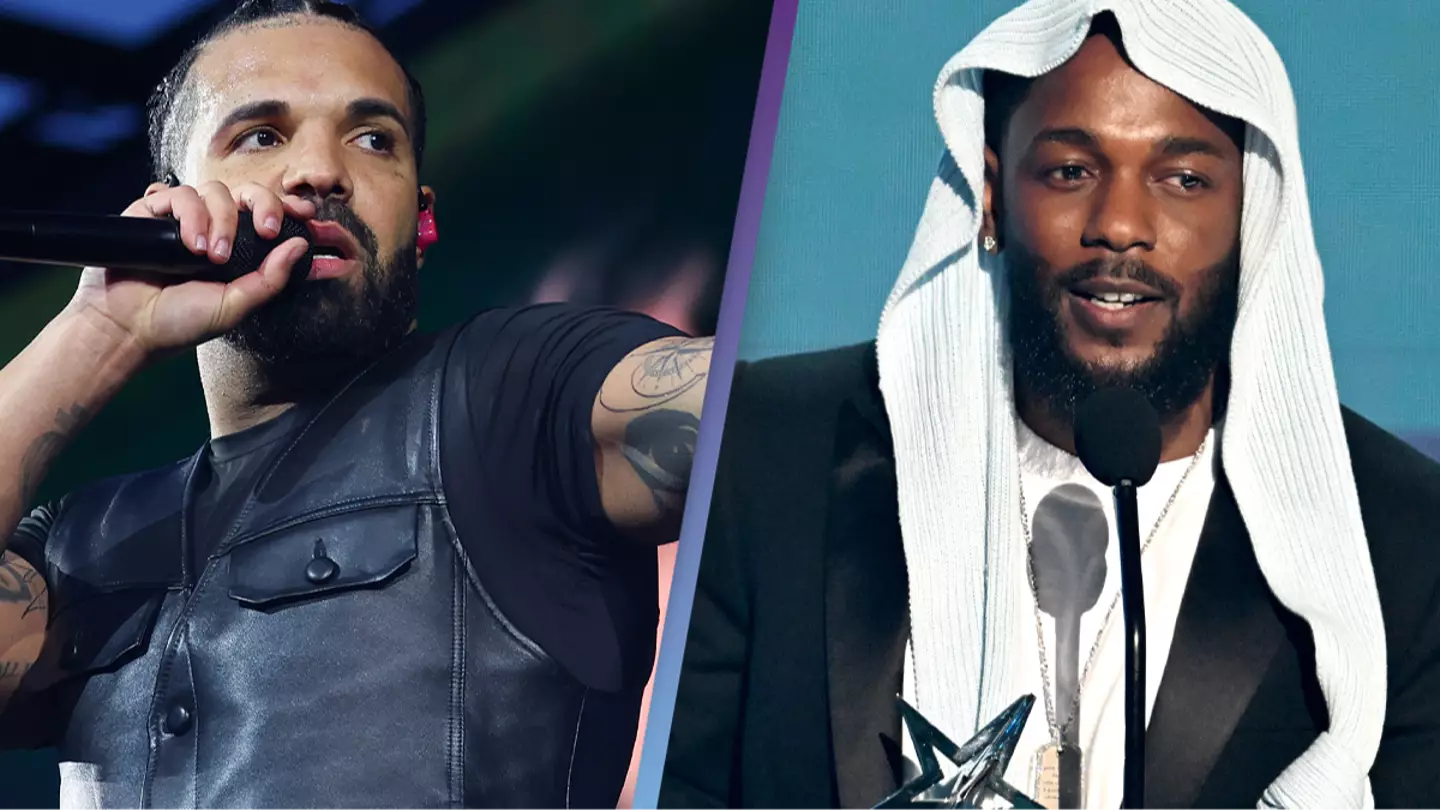The long-standing rivalry between Drake and Kendrick Lamar has escalated once more, this time unfolding in a legal setting.
Initially one of hip-hop’s most notable lyrical feuds, the conflict has now resulted in a legal setback for the Canadian artist. A U.S. federal judge has dismissed his lawsuit against his record label, Universal Music Group (UMG).
The tension between the two rappers resurfaced in 2024 when Kendrick released his hard-hitting diss track, Not Like Us, shortly after Drake’s Push Ups. While Drake’s song achieved respectable streaming numbers, Lamar’s track reached over a billion streams, marking a significant moment in rap history.
Not Like Us, however, drew attention for more than just its streaming success. The lyrics accused Drake of being a ‘certified pedophile’ and a ‘predator’, allegations he did not take lightly.

Drake filed a lawsuit, accusing UMG, which also distributes Lamar’s music, of defamation. He alleged that the label “designed, financed and then executed a plan to turn ‘Not Like Us’ into a viral mega-hit,” and argued that UMG was exploiting the situation for profit.
Drake’s legal representatives contended that UMG could have intervened to censor or delay the song’s release. They stated: “UMG … could have refused to release or distribute the song or required the offending material to be edited and/or removed.” Instead, they argued, the label opted not to.
In response, UMG denied any fault, describing the accusations as ‘offensive and untrue’.
The company asserted: “We employ the highest ethical practices in our marketing and promotional campaigns. No amount of contrived and absurd legal arguments in this pre-action submission can mask the fact that fans choose the music they want to hear.”
After several months, District Judge Jeannette Vargas ruled in favor of UMG, dismissing the case. She deemed Lamar’s lyrics as ‘nonactionable opinion’ under free speech laws, emphasizing that no reasonable person would interpret the song’s claims as factual.

Vargas noted: “The fact that the recording was made in the midst of a rap battle is essential.
“Even apparent statements of fact may assume the character of statements of opinion… when made in public debate, heated labor dispute, or other circumstances in which an audience may anticipate the use of epithets, fiery rhetoric or hyperbole.”
A UMG spokesperson told Variety that the lawsuit ‘never should have seen the light of day’ and expressed satisfaction with the court’s decision. On the other hand, Drake’s team plans to appeal the ruling.
Regardless of the outcome, it seems the Drake versus Kendrick Lamar saga is far from over.

